Space Image of the Day Gallery (December 2016)
Image of the Day Archives
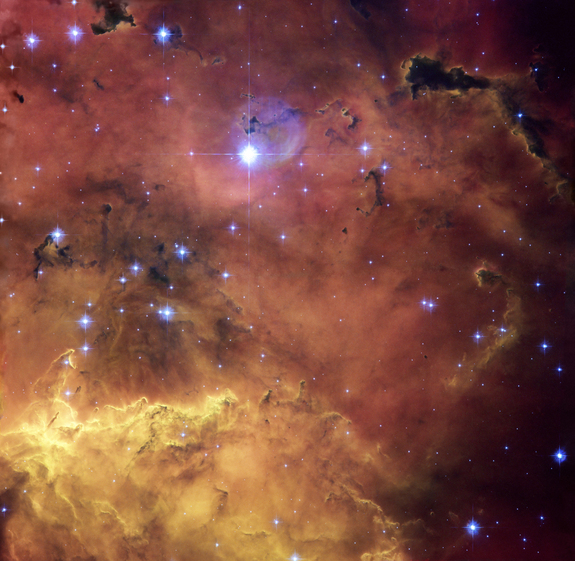
For older Image of the Day pictures, please visit the Image of the Day archives. Pictured: NGC 2467.
'Unfinished' Bubble Nebula
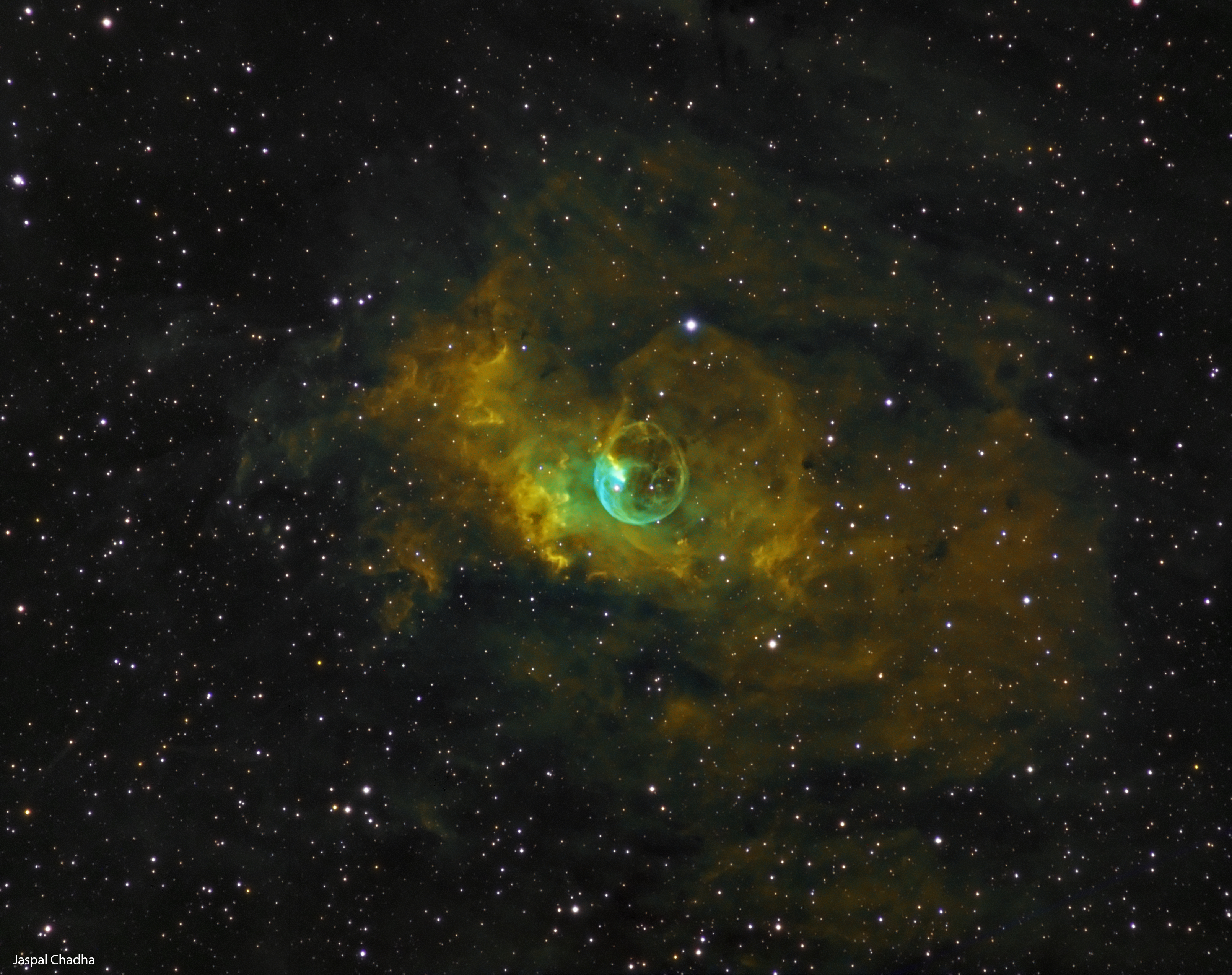
Thursday, December 1, 2016: Astrophotographer Jaspal Chadha created this stunning image of NGC 7635, known as the Bubble Nebula, using a telescope in his back garden in London. He made observations with three filters: hydrogen alpha (Ha), sulphur (S2) and ionized oxygen (O3). Chadha said he "knew from imaging the target in the past that hydrogen was the most effective to bring out the detail." However, the project "will remain unfinished, as I didn't capture enough S2 and O3 to really make the image stand out," he said. But even without that additional data, the Bubble Nebula looks bright and beautiful in the resulting image. — Hanneke Weitering
Adamas Labyrinthus
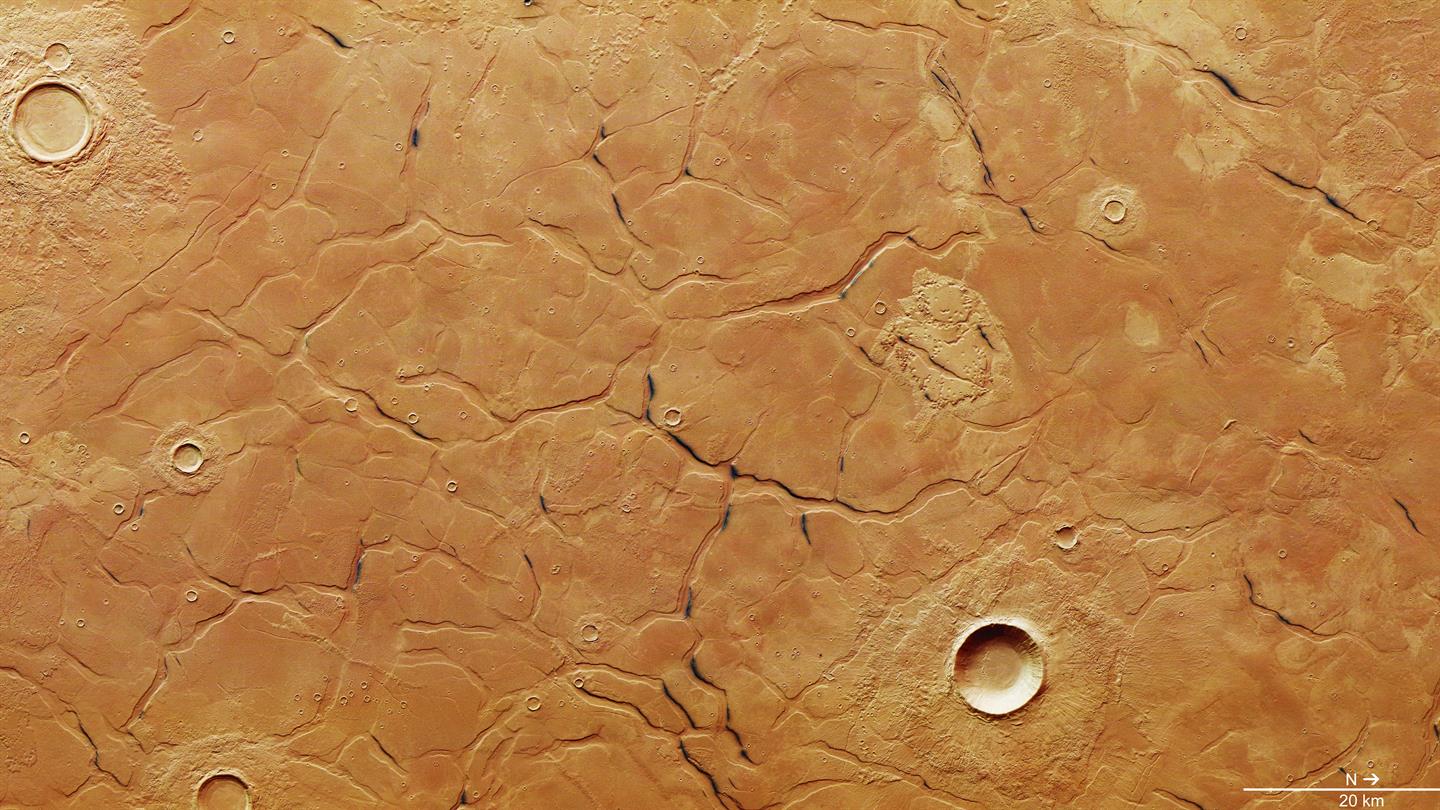
Friday, December 2, 2016: This photo from the European Space Agency's Mars Express orbiter shows a region of Mars' southern lowlands named Adamas Labyrinthus. It contains several troughs and plateaus that form a pattern of randomly shaped polygons. Scientists suspect that this pattern may be evidence of an ancient ocean in Mars' history. — Hanneke Weitering
Happy Birthday, NASA Langley!
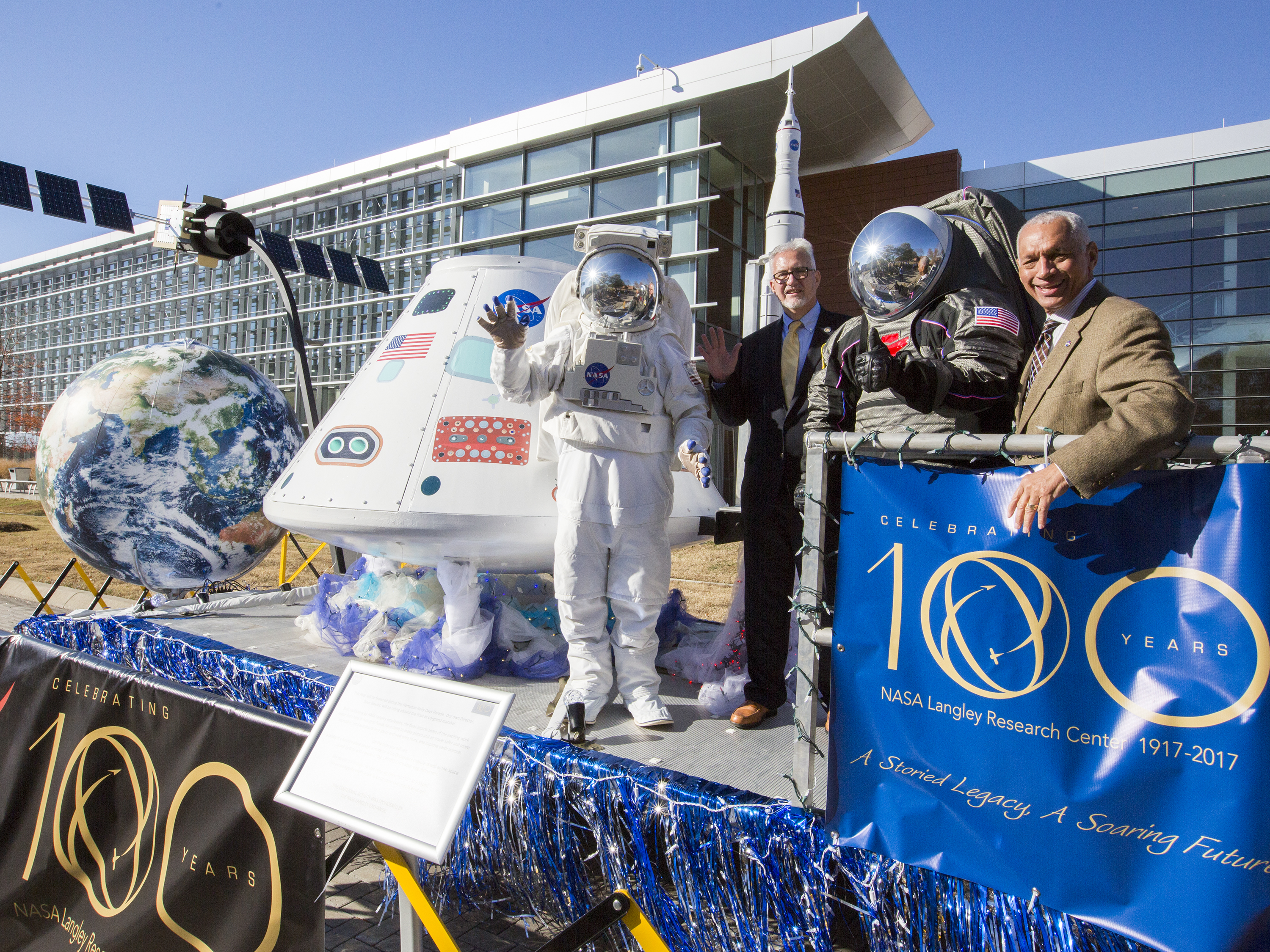
Monday, December 5, 2016: NASA's Langley Research Center celebrated its one hundredth birthday last week. The center, located in Hampton, Virginia, is the oldest of NASA's field centers. "Spacey Casey" and an actor in a Z2 Mars spacesuit joined NASA Langley Director David Bowles and NASA administrator Charles Bolden on this spaced-out holiday float during the celebrations. Also aboard the float is an inflatable planet Earth with replicas of the CALIPSO environmental satellite, Orion crew capsule and SLS launch vehicle. — Hanneke Weitering
VSS Unity's First Glide Flight
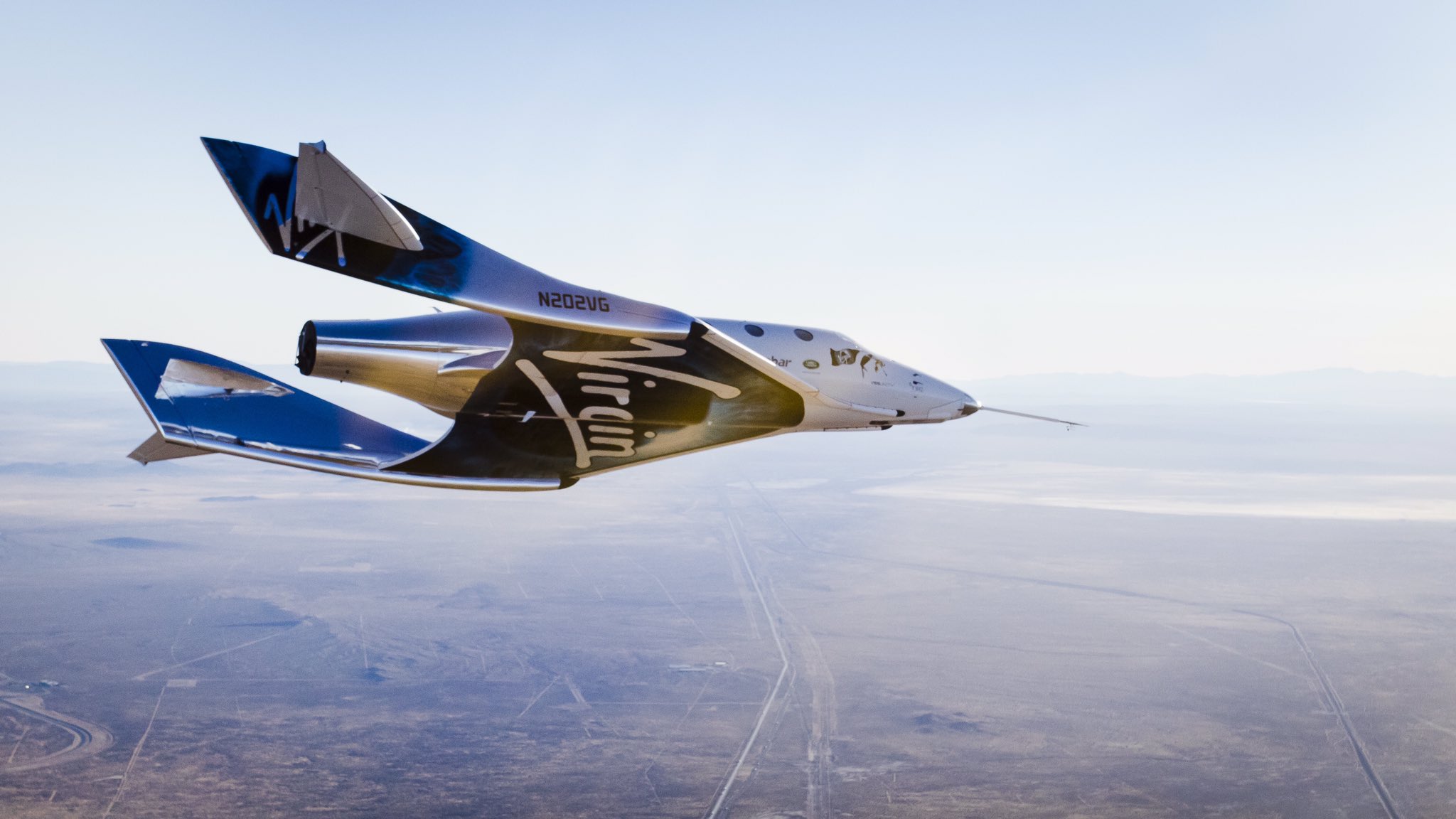
Tuesday, December 6, 2016: The private space tourism company Virgin Galactic successfully flew its SpaceShipTwo, named the VSS Unity, in its first glide test flight on Saturday (Dec. 3). Virgin Galactic aims to one day take paying customers on private suborbital flights into space. — Hanneke Weitering
Hubble Spots Irregular Galaxy with Star Bar
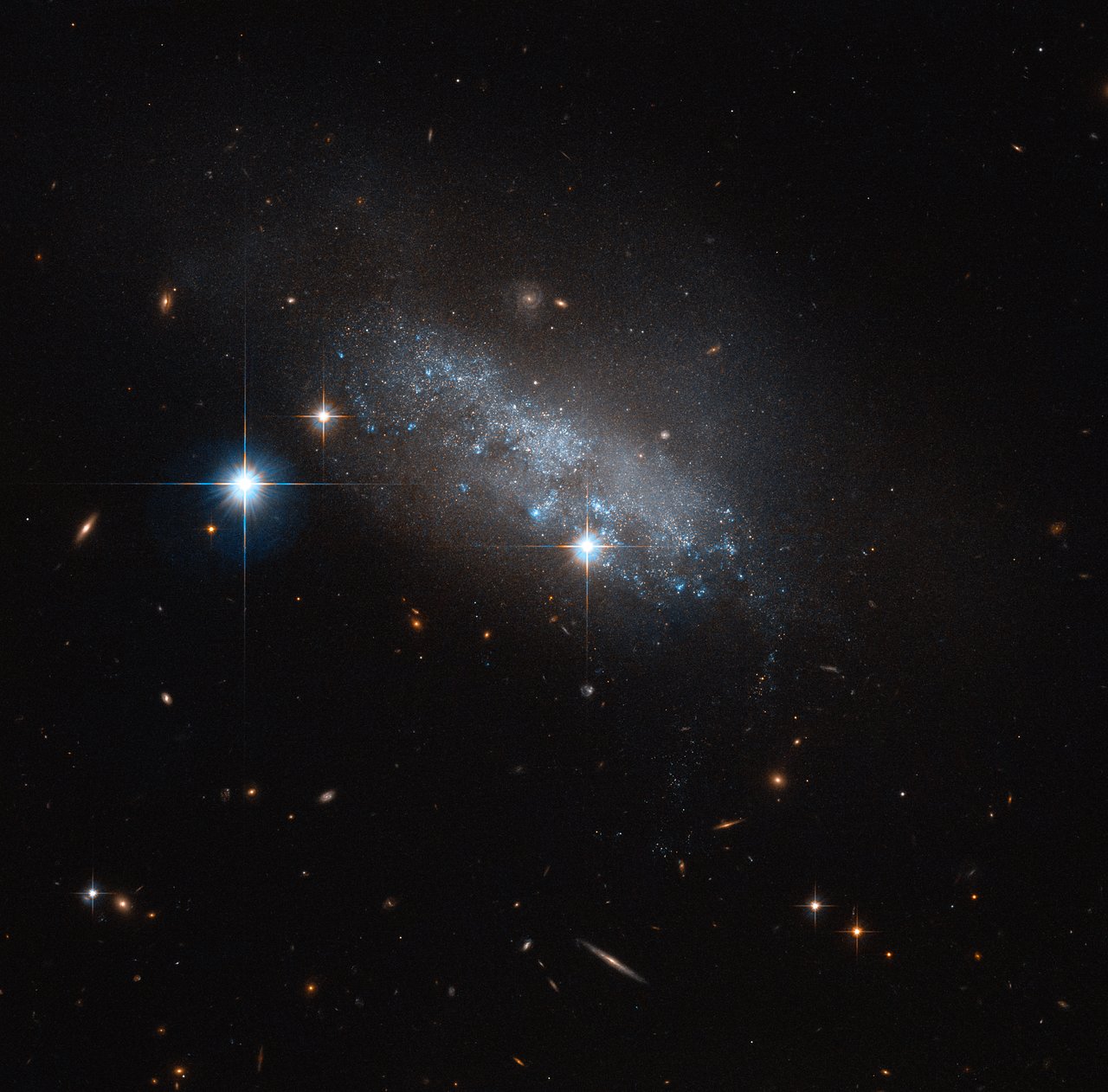
Wednesday, December 7, 2016: The Hubble Space Telescope created this image of the irregular galaxy IC 3583, which resides 30 million light-years away in the constellation Virgo. It has a bar of stars stretching directly through its center. These starry bars are common in all types of galaxies; most spiral galaxies have them, as do many irregular galaxies and even some lenticular, or lens-shaped galaxies. — Hanneke Weitering
Phobos in 'Color'

Thursday, December 8, 2016: This is the first colored image of Mars' moon Phobos from the European Space Agency's ExoMars orbiter. A total of eight images taken using four different color filters were stitched together to create this composite. Two of those color filters used wavelengths of light that lie outside the visible spectrum, so the photo isn't exactly Phobos' true colors. — Hanneke Weitering
Get the Space.com Newsletter
Breaking space news, the latest updates on rocket launches, skywatching events and more!
John Glenn's Historic View from Orbit
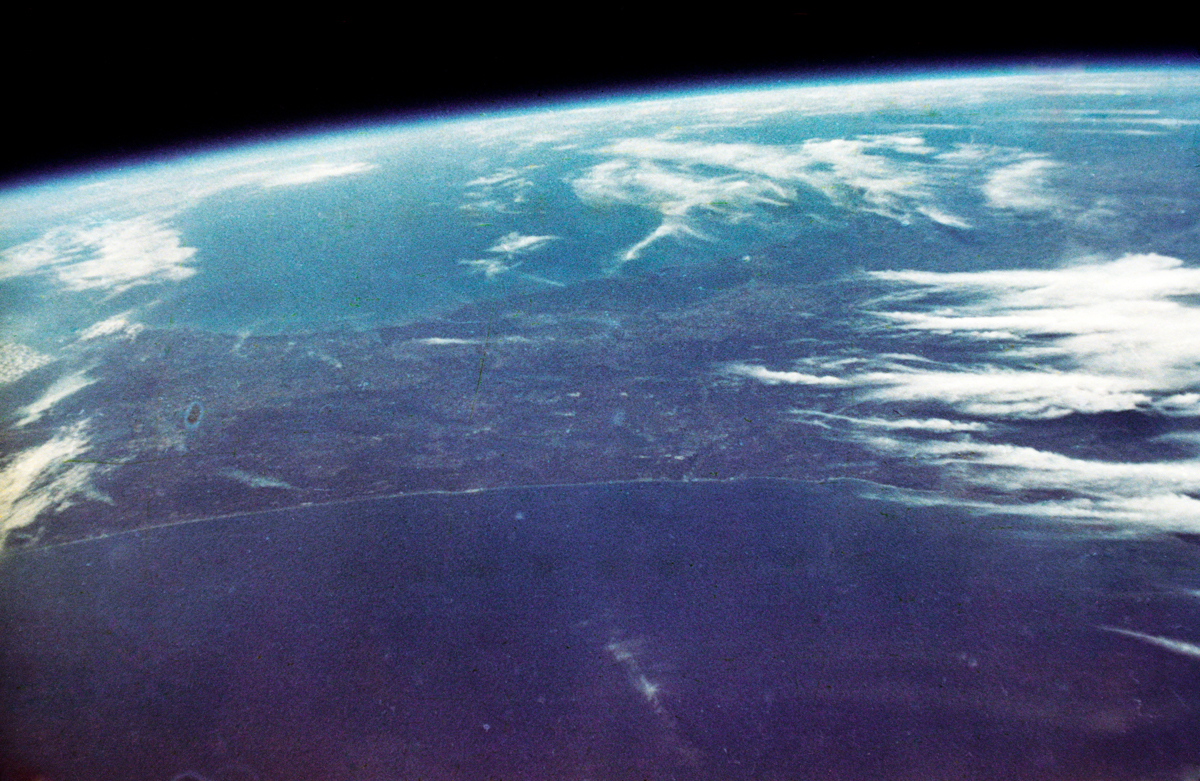
Friday, December 9, 2016: Former NASA astronaut John Glenn, who died yesterday at 95, took this panoramic photo of Florida during his historic orbital flight inside the Friendship 7 spacecraft on Feb. 20, 1962. Glenn was the first American to orbit the Earth. — Hanneke Weitering
A Galactic Identity Crisis
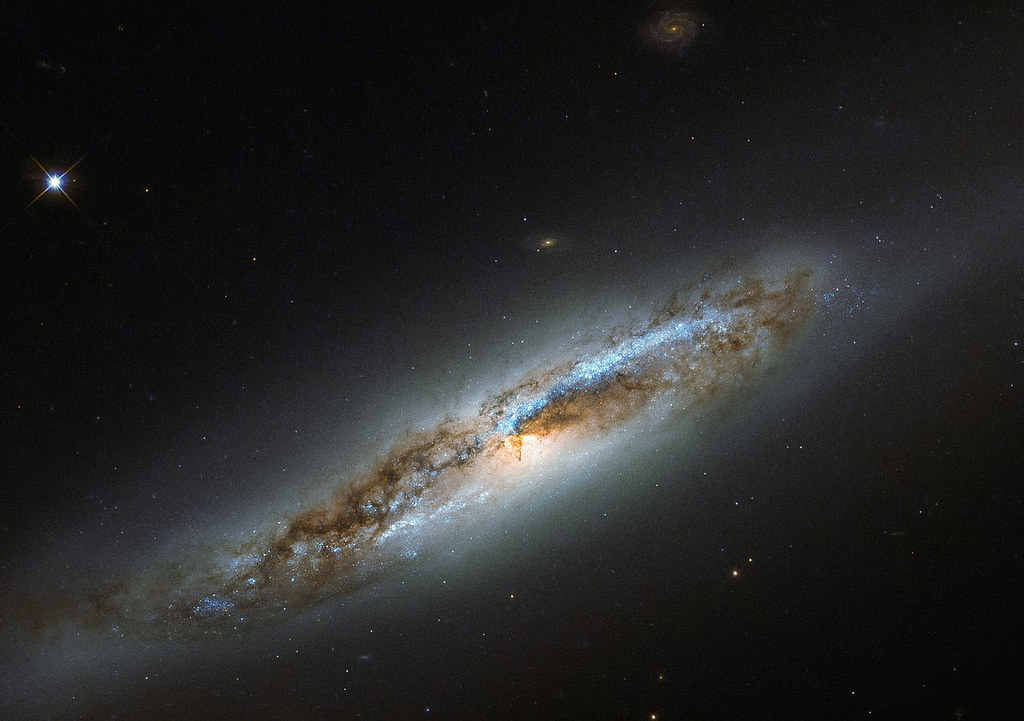
Monday, December 12, 2016: The Hubble Space telescope spotted this galaxy, named NGC 4388, in the Virgo constellation some 60 million light-years away. NGC 4388 is in the middle of an identity crisis; its smooth outer edge is characteristic of an elliptical galaxy, yet its spiral arms and glowing core are distinct features of a spiral galaxy. Astronomers classified NGC 4388 as a spiral, suggesting that gravitational interactions with neighboring galaxies created its distorted shape. — Hanneke Weitering
'Private Joseph Field' on Mars
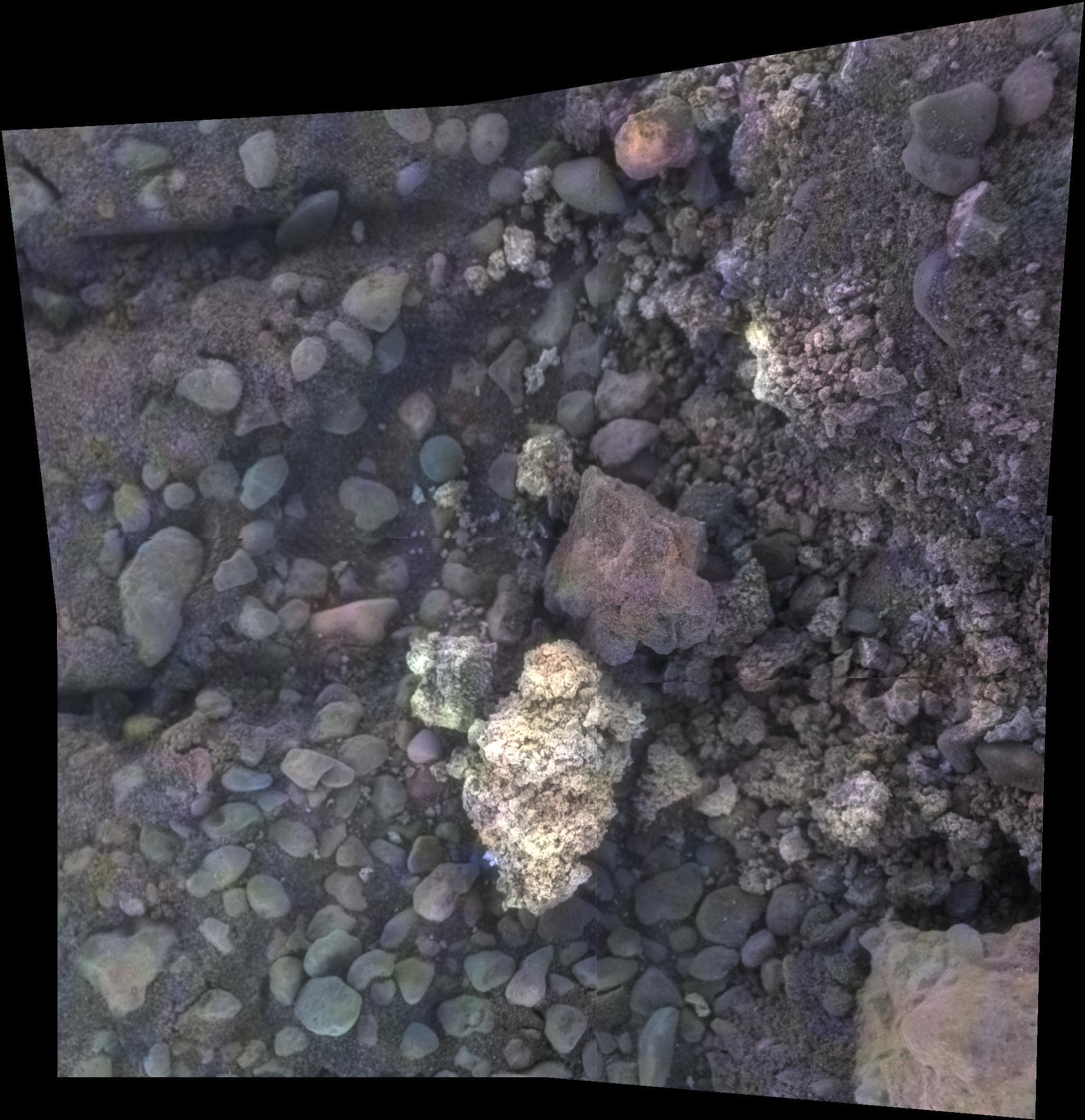
Tuesday, December 13, 2016: This picture of a pile of pebbles and rocks might look like it was taken on Earth, but it actually came from NASA's Mars Exploration Rover Opportunity. The Martian view spans about 2 inches (5 centimeters) of a target called "Private Joseph Field," which lies on the western rim of the Endeavor Crater. A strange-looking white rock in the center of the photo appears to contain magnesium and iron sulfates, and scientists think it may have formed via an interaction of acidic fluids with rocks around the crater's rim. — Hanneke Weitering
Royal Crown Aurora Shines on New England
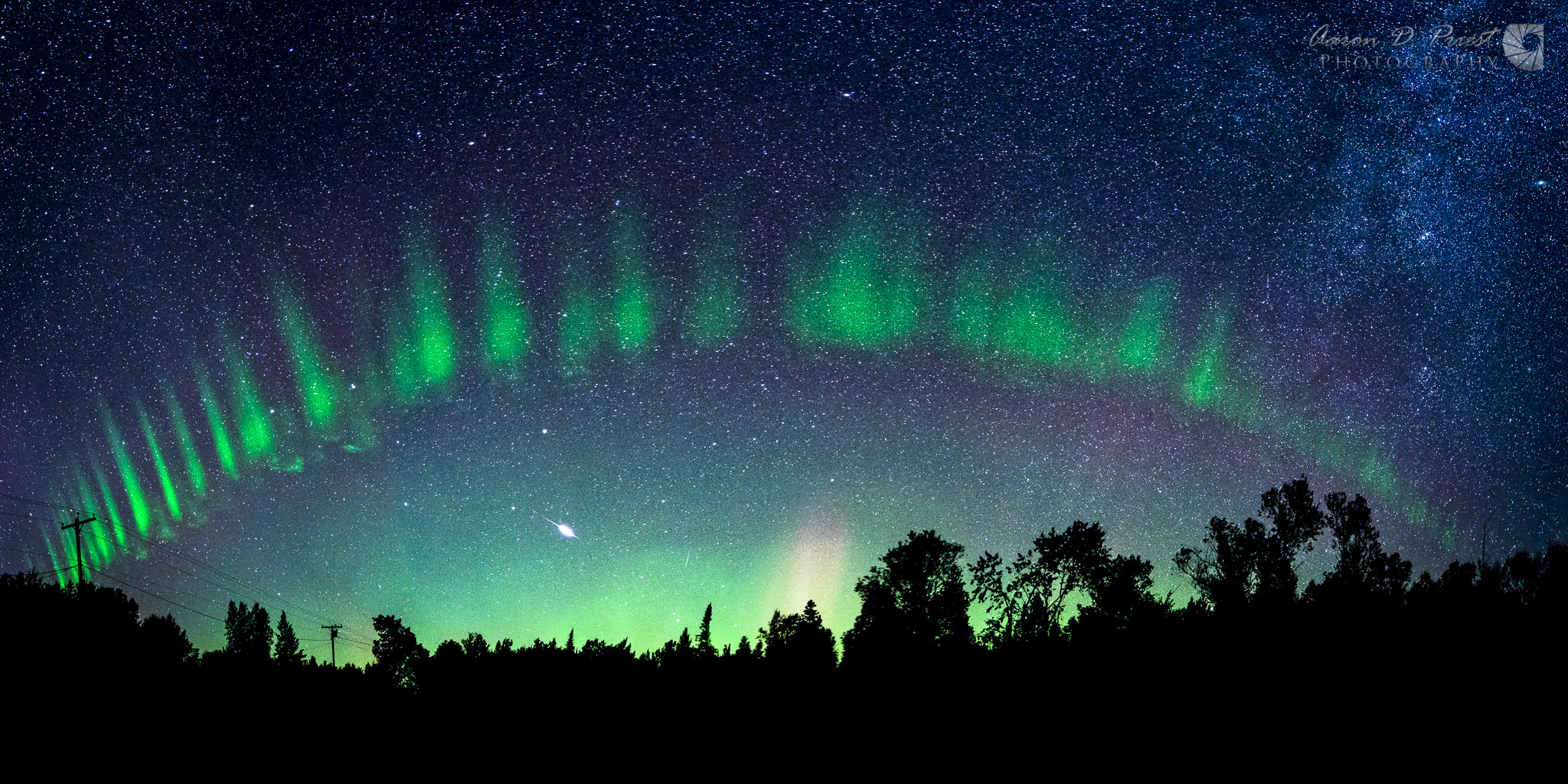
Wednesday, December 14, 2016: Photographer Aaron Priest captured this stunning crown-shaped aurora borealis shining over Maine on Sept.1. "The flare is most likely an Iridium satellite," Priest told Space.com. "The much dimmer streak is a legitimate meteor. Andromeda is to the right of our own Milky Way galaxy at the edge of the frame." — Hanneke Weitering
Join our Space Forums to keep talking space on the latest missions, night sky and more! And if you have a news tip, correction or comment, let us know at: community@space.com.

Space.com is the premier source of space exploration, innovation and astronomy news, chronicling (and celebrating) humanity's ongoing expansion across the final frontier. Originally founded in 1999, Space.com is, and always has been, the passion of writers and editors who are space fans and also trained journalists. Our current news team consists of Editor-in-Chief Tariq Malik; Editor Hanneke Weitering, Senior Space Writer Mike Wall; Senior Writer Meghan Bartels; Senior Writer Chelsea Gohd, Senior Writer Tereza Pultarova and Staff Writer Alexander Cox, focusing on e-commerce. Senior Producer Steve Spaleta oversees our space videos, with Diana Whitcroft as our Social Media Editor.









